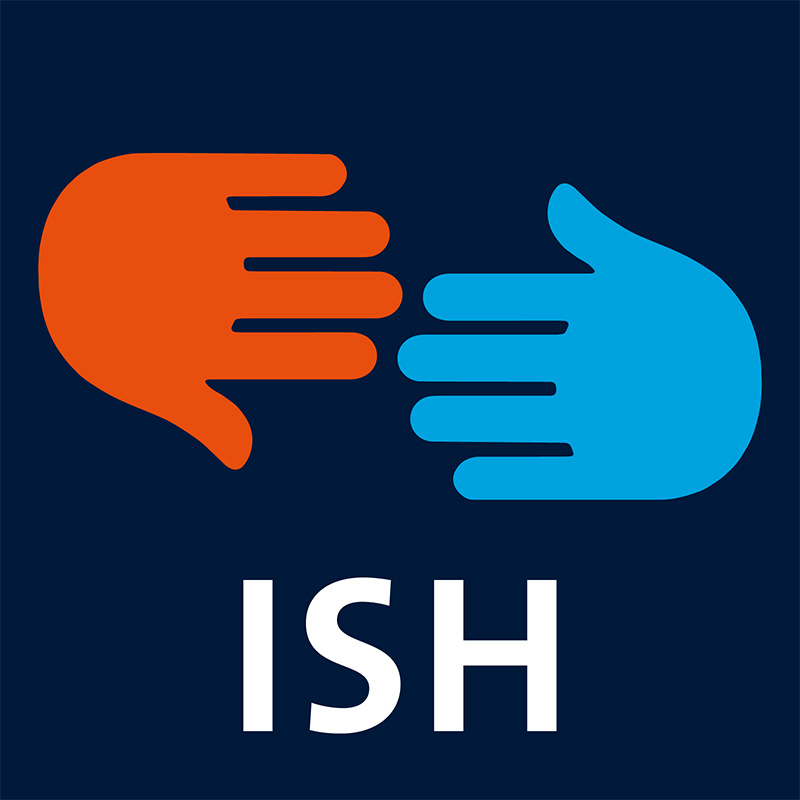DUO (Dienst Uitvoering Onderwijs) is part of the Dutch Ministry of Education, Culture and Science. DUO organizes student finance for students studying in the Netherlands.
One form of financial support offered to students by DUO is studiefinanciering, which is a Dutch study finance payment for Dutch and non-Dutch EU students. In principle, you can apply for studiefinanciering if you are enrolled in university, higher professional education (HBO), or secondary vocational education (MBO).
What does studiefinanciering contain?
Studiefinanciering has 4 components: a basic grant, a supplementary grant (which depends on parental income), a student travel product and a tuition fee loan. These are converted into a gift if you graduate within 10 years. Otherwise, you will have to repay them.
So, overall, studiefinanciering contains:
- A basic grant
- A supplementary grant (aanvullende beurs), which depends on your parents’ income (if your parents aren’t able to pay money towards your education, you may be eligible for this)
- A student travel product, which enables you to travel by Dutch public transport for free or at a reduced rate
- A tuition fee loan: if you study at university level, you can ask for collegegeldkrediet, which is granted to cover your tuition fees – how much you can borrow depends on whether you pay statutory or institutional tuition fees. You always have to pay back a loan.
Gift vs. loan
It is important to understand that the tuition fee loan will have to be paid back at some point. Even though DUO makes it very clear that you decide how much you want to borrow according to your needs, the fact is that you will ultimately be incurring student debt. You should consider how having student debt could affect you in the future. For example, if you intend to buy a house in the Netherlands at some point, student debt can be taken into account when your mortgage is calculated.
As mentioned, the rest of student finance, namely the basic grant, supplementary grant and student travel product, can be converted to a gift that you don’t have to return, if you graduate within ten years.
Requirements
Check the requirements for student finance on the DUO page. Here you can also see how much you are entitled to receive.
If you don’t qualify for studiefinanciering
If you do not qualify for student finance, you may be eligible for other forms of financial support:
- Tuition fee loan or contribution towards course fees for EU/EEA citizens and Swiss
if you still have questions about studiefinanciering
If you still have questions, for example, about your individual situation and whether you are eligible for the studiefinanciering, you can visit the DUO Info-centre at Centre Ceramique. More information here. Or you can reach out to the International Student Helpdesk.
Third-party help with DUO applications
Several companies offer paid services to check your eligibility for student finance and to assist with your DUO application. We strongly advise against using these services.
These companies often charge substantial fees for support that is unnecessary, as the application process can be completed independently at no cost. In many cases, they also request sensitive personal information such as your DigiD login details or BSN (social service number). Sharing this information can put you at risk of identity fraud or other forms of misuse.
Checking your eligibility for student finance is straightforward and you can easily do it yourself. If you are unsure whether you qualify or need assistance, you can contact the International Student Helpdesk (ISH) at Maastricht University by visiting their website or via email at ish-ssc@maastrichtuniversity.nl. They provide guidance free of charge.

